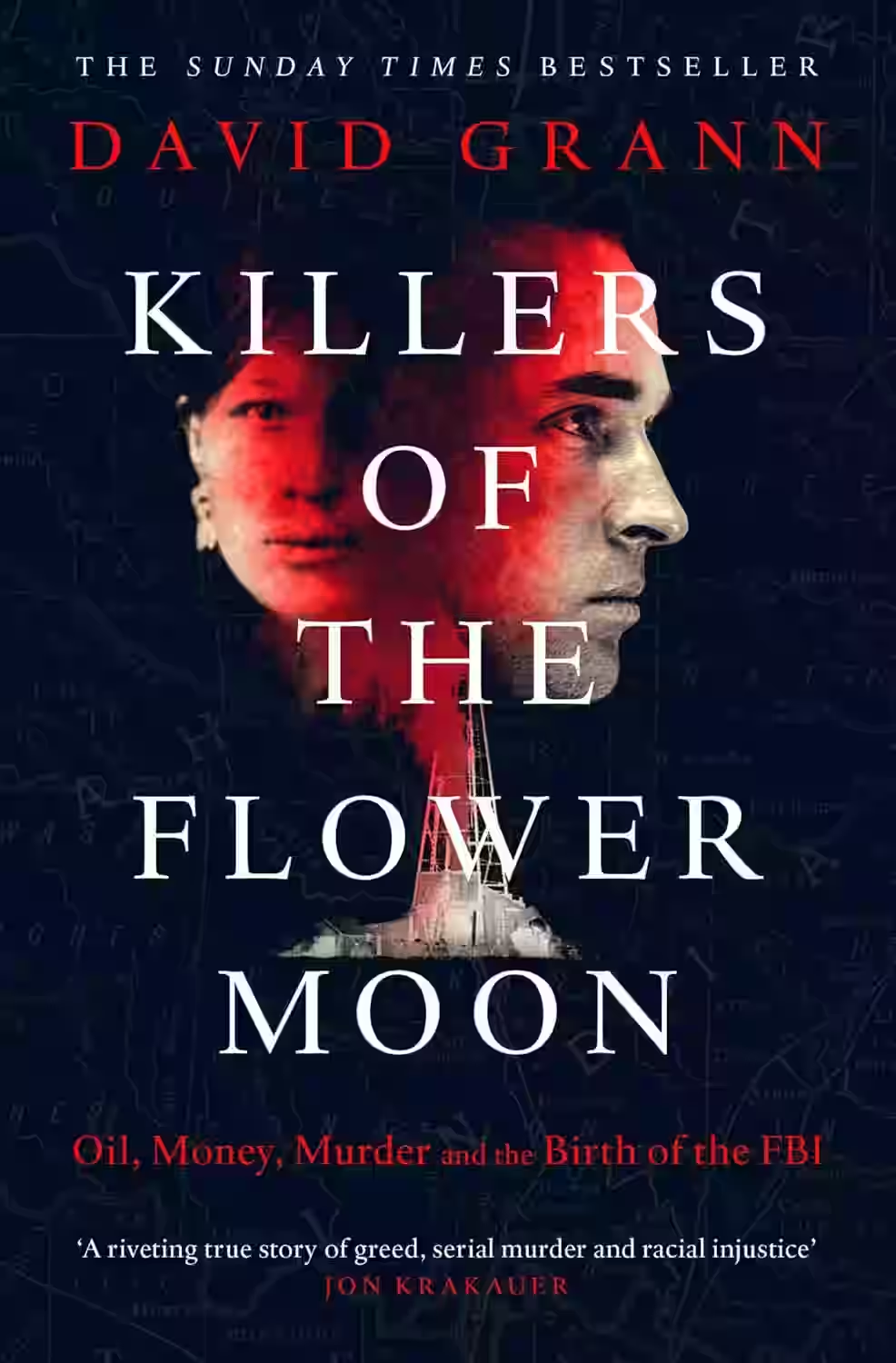
This gripping nonfiction work uncovers the chilling murders of Osage Nation members in 1920s Oklahoma, who were targeted for their oil wealth. As bodies piled up, the newly formed FBI took on the case—exposing a web of greed, racism, and corruption. Killers of the Flower Moon is a meticulously researched, suspenseful narrative that sheds light on a dark chapter of American history, blending true crime with a call for justice.
About David Grann
An American staff writer for The New Yorker and a bestselling author, celebrated for his immersive, meticulously researched narrative non-fiction. His works, including Killers of the Flower Moon and The Lost City of Z, delve into forgotten histories, unsolved mysteries, and extraordinary true stories, often uncovering shocking injustices and human endurance. Grann's writing is characterized by its gripping storytelling, extensive archival research, and ability to transform complex historical events into compelling, page-turning narratives.
Other Books by David Grann
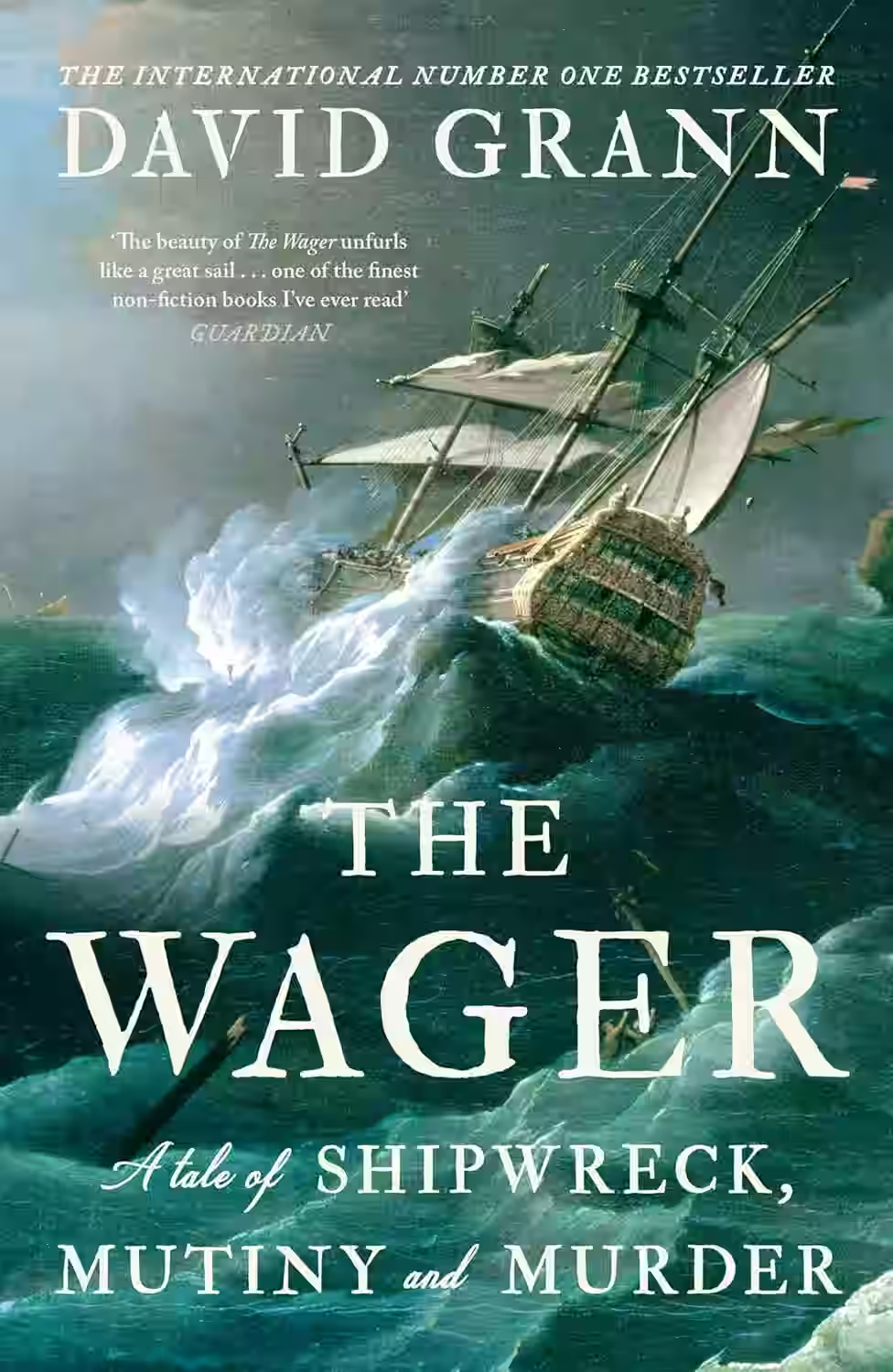
The Wager
by David Grann
On 28 January 1742, a battered boat arrived on Brazil’s coast, carrying thirty half-dead men with a shocking tale. They were survivors of His Majesty’s ship The Wager, wrecked off Patagonia in 1741 while chasing Spanish treasure during a secret wartime mission. Stranded and starving, the crew built a fragile craft and sailed 2,500 miles over brutal seas. Hailed as heroes—until, months later, another ragged boat reached Chile with three men accusing the first group of mutiny. The accused claimed tyranny in return. The truth? A descent into chaos, betrayal, and murder—leading to a court martial where the guilty might hang.
Similar Books
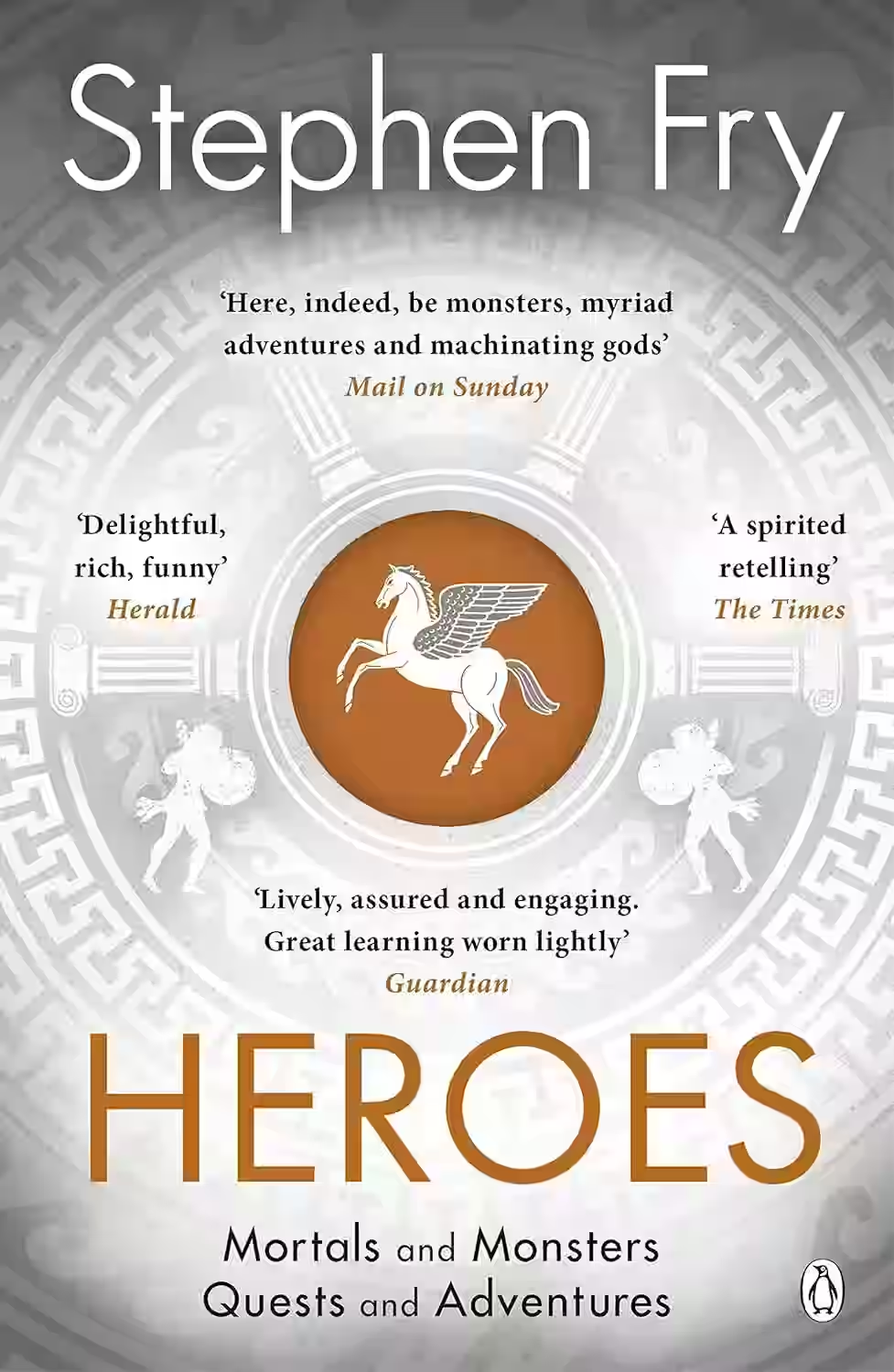
Heroes
by Stephen Fry
Following the success of Mythos, Stephen Fry stylishly retells the captivating and enduring tales of Greek heroes. These mortals embarked on extraordinary adventures, facing monstrous threats and outsmarting vengeful gods with remarkable flair. Journey with Jason on the Argo's quest for the Golden Fleece. Witness Atalanta, raised by bears, outpace all men until a golden deception. See clever Oedipus solve the Sphinx's riddle and Bellerophon capture the winged Pegasus to defeat the Chimera. Heroes explores the full spectrum of human potential, showcasing our greatest triumphs and deepest flaws.
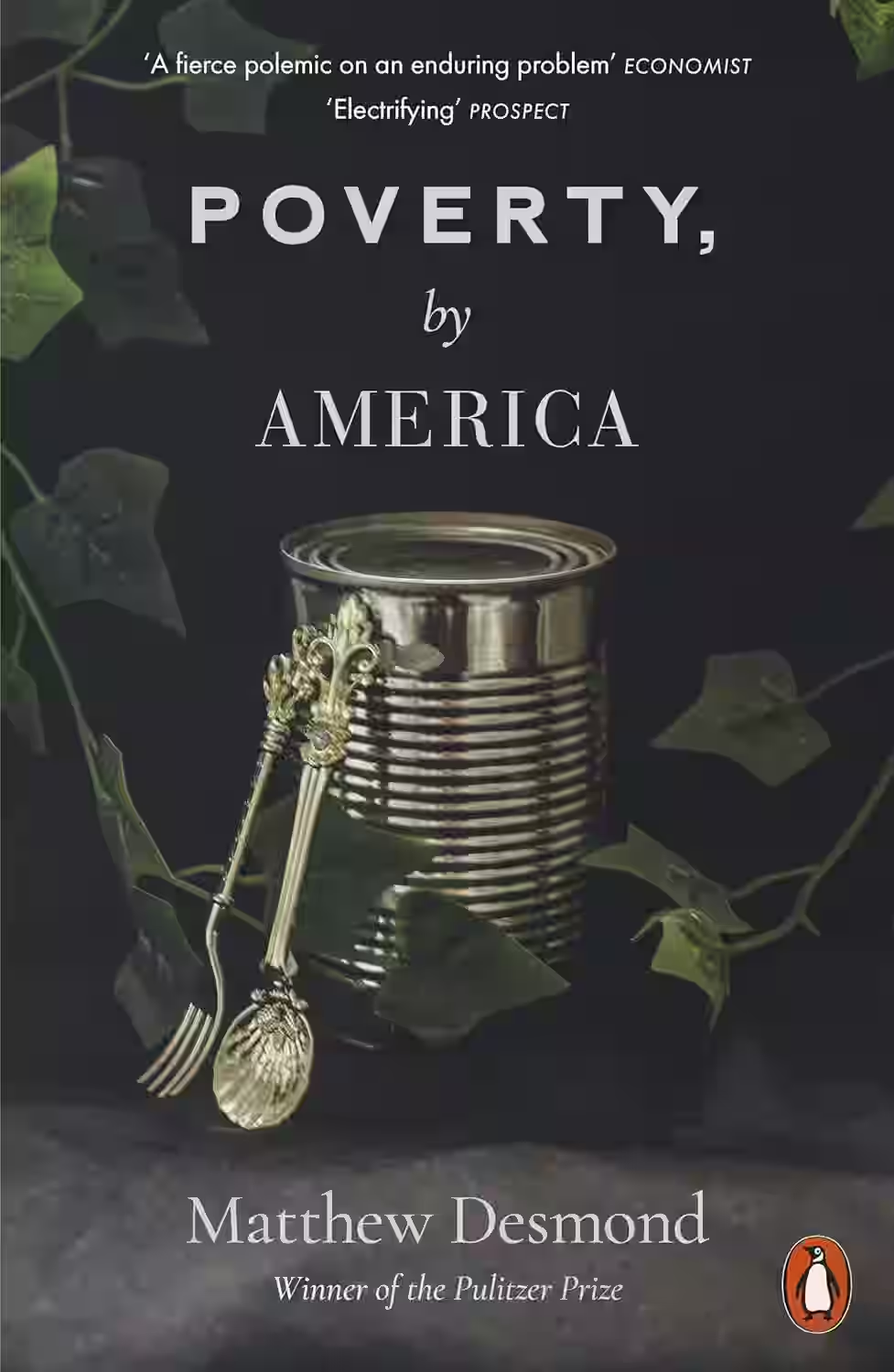
Poverty, by America
Pulitzer Prize-winning sociologist Matthew Desmond examines why poverty persists in one of the world’s wealthiest nations. Drawing on extensive research, Poverty, by America argues that the United States maintains poverty through policies and choices that benefit the affluent at the expense of the poor. Desmond reveals how housing, wages, taxation, and welfare systems are structured to keep millions in hardship while others profit. The book is a passionate call for systemic reform, challenging readers to rethink their complicity in economic inequality and to imagine a society rooted in justice, dignity, and shared prosperity for all.
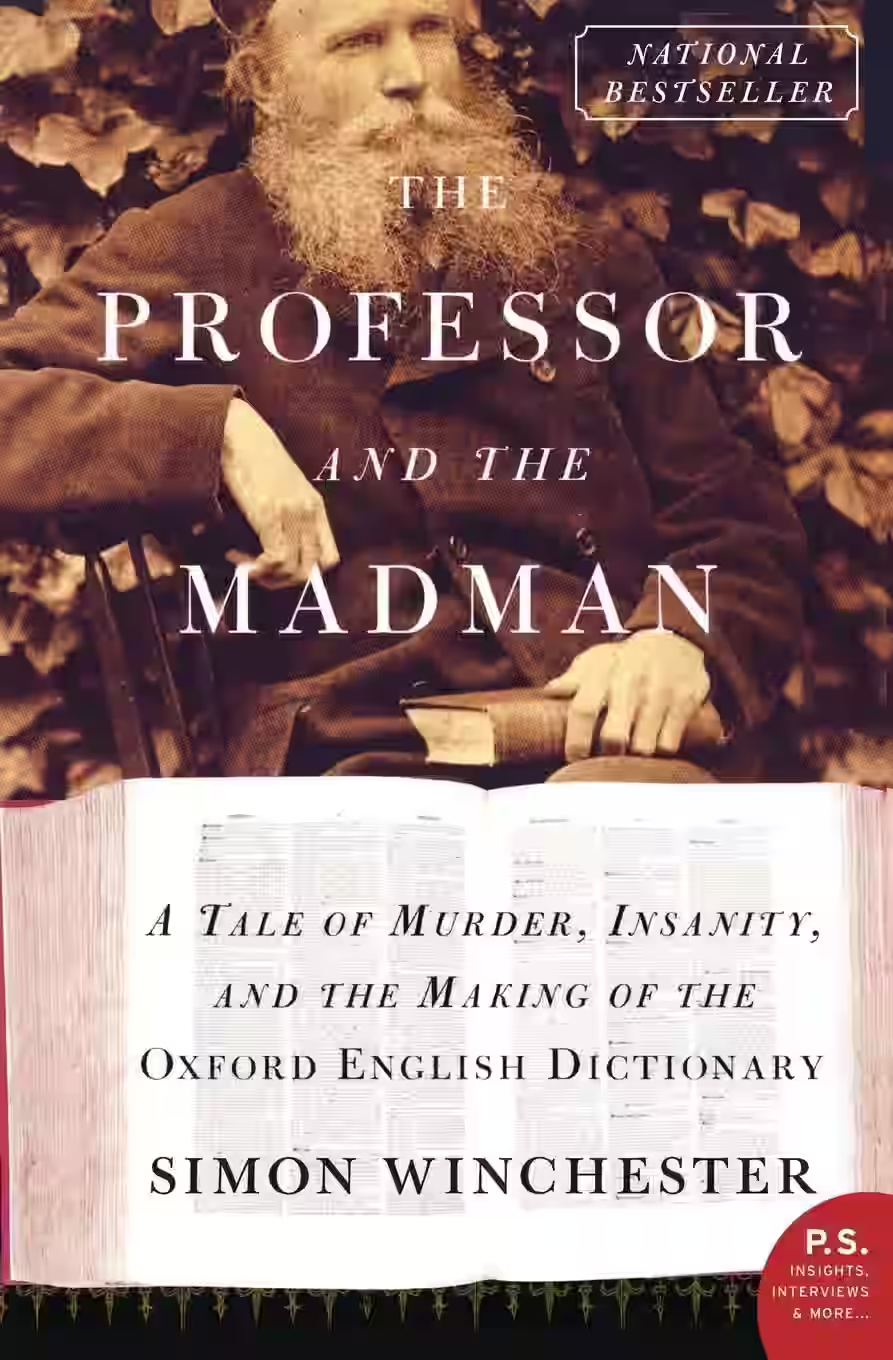
The Professor and the Madman
In 'The Professor and the Madman' by Simon Winchester, the author delves into the intriguing story behind the creation of the Oxford English Dictionary. The book follows the relationship between Professor James Murray and Dr. William Minor, a convicted murderer who contributed thousands of words to the dictionary while institutionalized. Winchester skillfully weaves together themes of language, madness, and humanity, offering a compelling narrative of two unlikely collaborators. Through meticulous research and vivid storytelling, he captures the essence of dedication, obsession, and the power of words. This non-fiction work engages readers with its historical richness and profound exploration of the complexities of human nature.
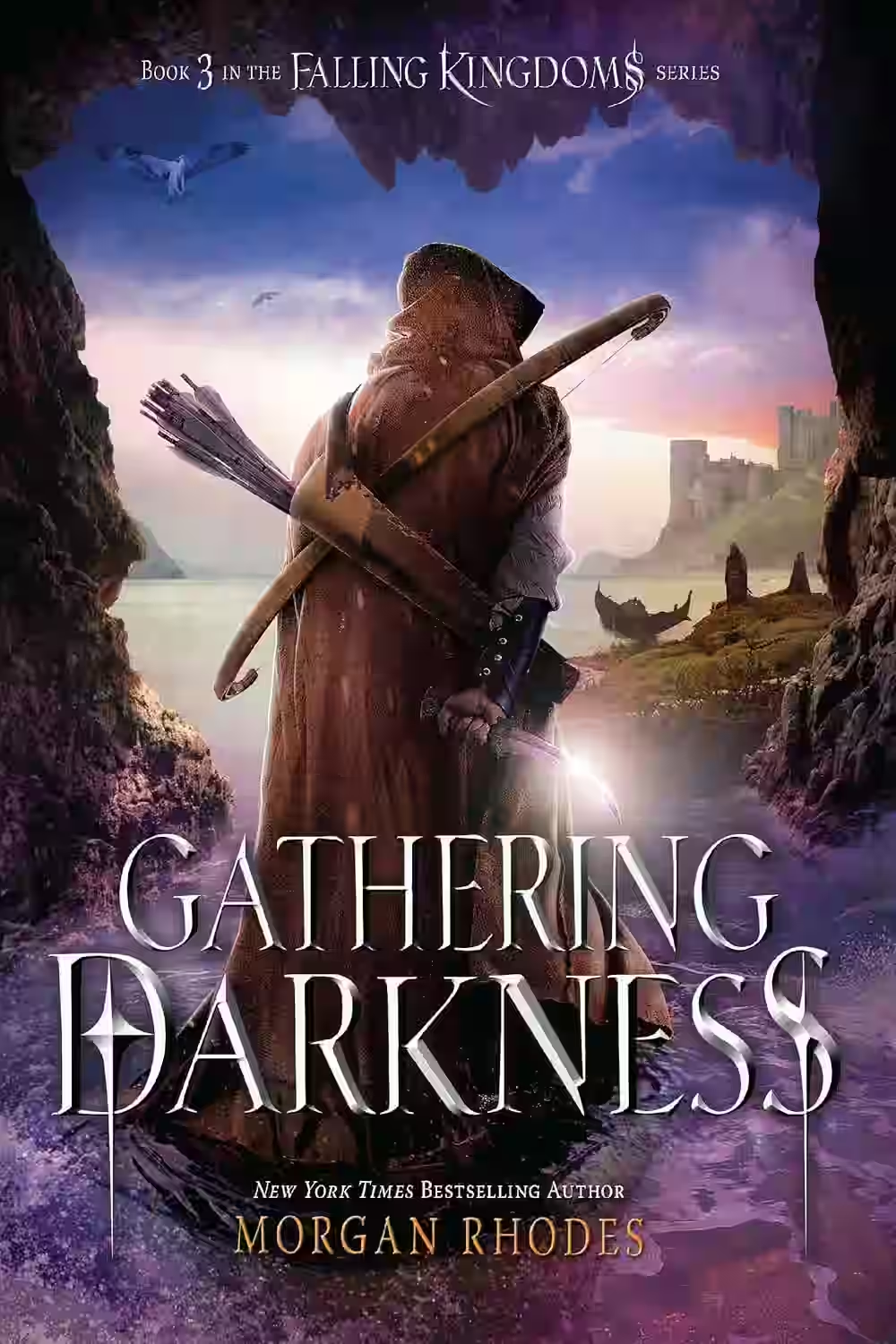
Gathering Darkness
Series: Falling Kingdoms (#3)
In 'Gathering Darkness,' the third installment of Morgan Rhodes' gripping 'Falling Kingdoms' series, the stakes are higher than ever as power struggles intensify across the kingdoms of Mytica. This fantasy epic weaves elements of magic, betrayal, and shifting allegiances, as new alliances form and old rivalries reignite. The story follows multiple protagonists, including Cleo, Jonas, and Magnus, as they navigate a perilous journey where friends can become foes in an instant. The narrative is rich with intrigue and action, capturing the reader with its well-developed characters and unpredictable twists. Rhodes skillfully blends these themes to craft a captivating tale of ambition and survival that hooks readers from beginning to end.